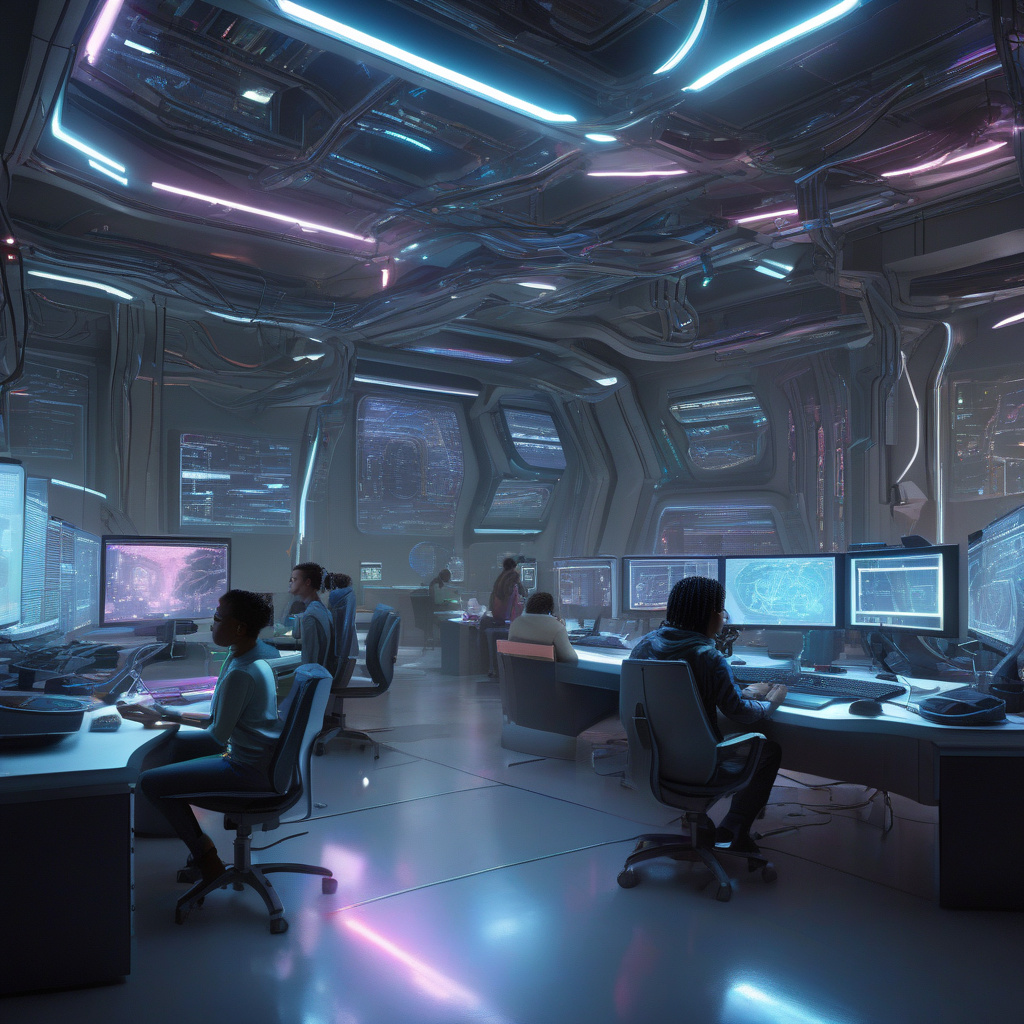In the ever-evolving landscape of software development, a new term has emerged: vibe coding. This approach presents a tantalizing shift from the traditional methods of coding, offering a more intuitive and conversational way to create applications. Imagine collaborating with an AI, articulating your ideas, and witnessing them swiftly materialize into a functioning program. It sounds like something out of a sci-fi movie, yet it is becoming a reality in the tech world.
Vibe coding holds the promise of increased efficiency and creativity. By enabling developers to focus more on conceptualizing and less on syntax, it has the potential to streamline the development process significantly. This could mean faster turnaround times for projects, quicker prototyping, and a more agile approach to software creation.
However, as with any technological advancement, there are valid concerns surrounding vibe coding. Critics argue that relying too heavily on AI-generated code could lead to a lack of understanding of the underlying principles of programming. While vibe coding may offer shortcuts, it could also hinder the development of crucial skills and problem-solving abilities among developers.
Moreover, the issue of code quality and security cannot be overlooked. Hand-crafted code often undergoes rigorous testing and scrutiny to ensure it is robust and free from vulnerabilities. In contrast, code generated through vibe coding may not undergo the same level of scrutiny, potentially leading to bugs, inefficiencies, and security loopholes in the final product.
Ultimately, the question remains: is vibe coding the future of development, or is it a risky shortcut? The answer likely lies in striking a balance between leveraging the benefits of this innovative approach while also upholding the fundamental principles of software development. Embracing vibe coding as a complementary tool for rapid prototyping and idea generation could be a prudent approach, while still valuing the craftsmanship and expertise that come from traditional coding practices.
As the tech industry continues to push the boundaries of innovation, it is essential for developers to stay informed about emerging trends like vibe coding. By staying curious, adaptable, and open to new methodologies, professionals can navigate the evolving landscape of software development with confidence and expertise.

